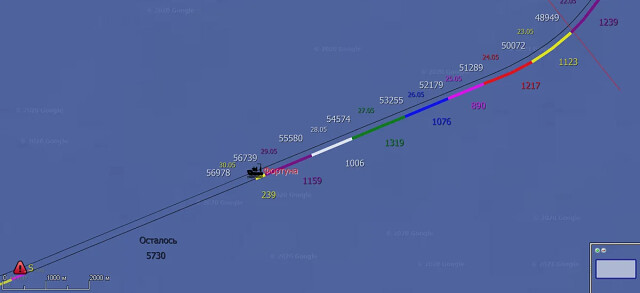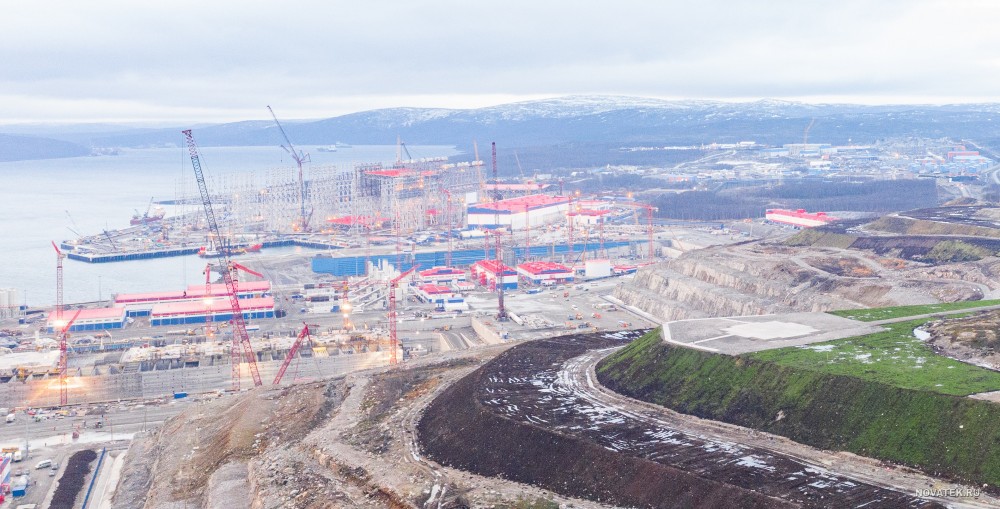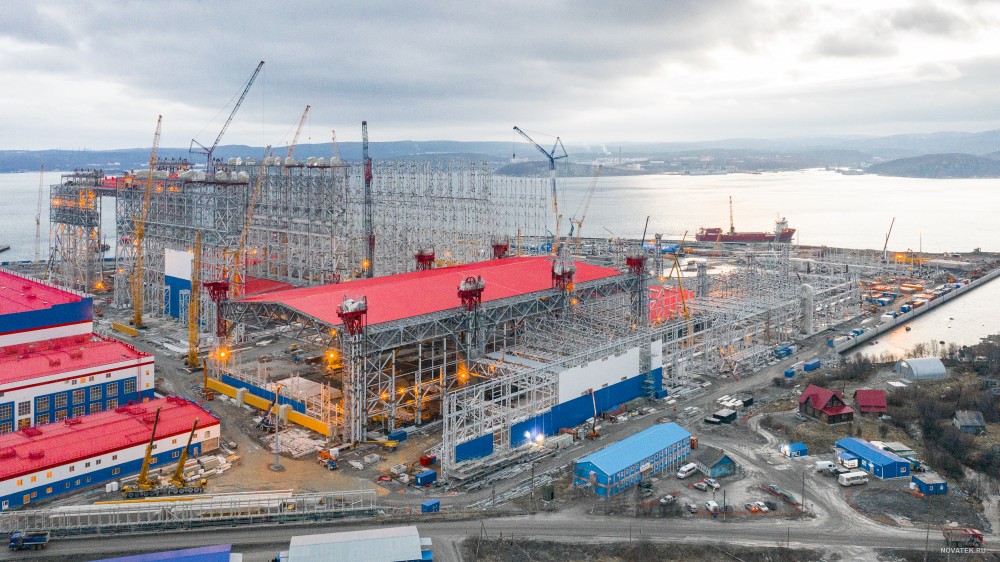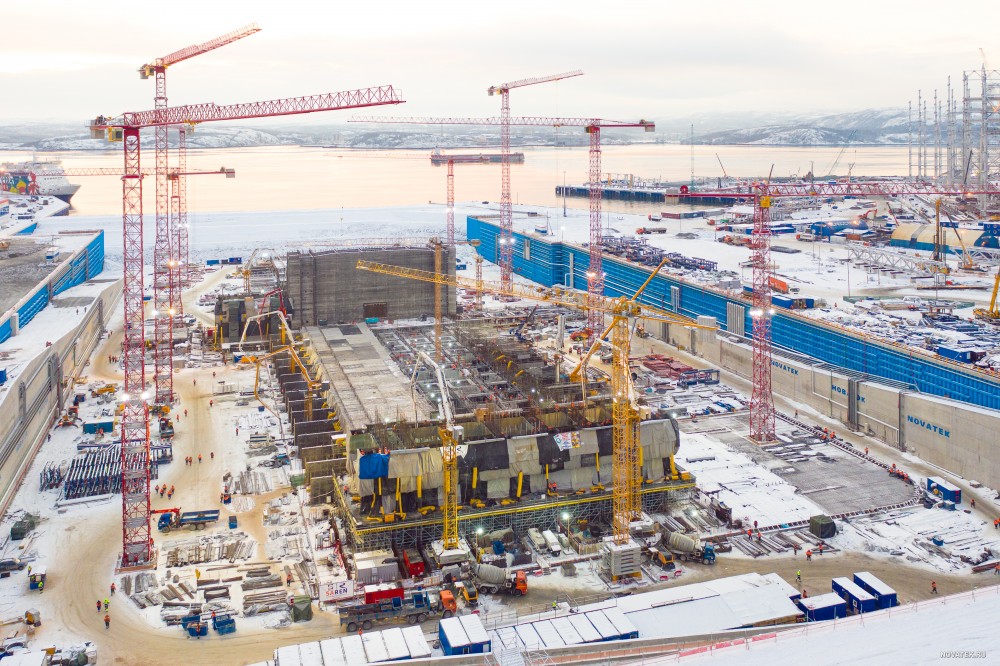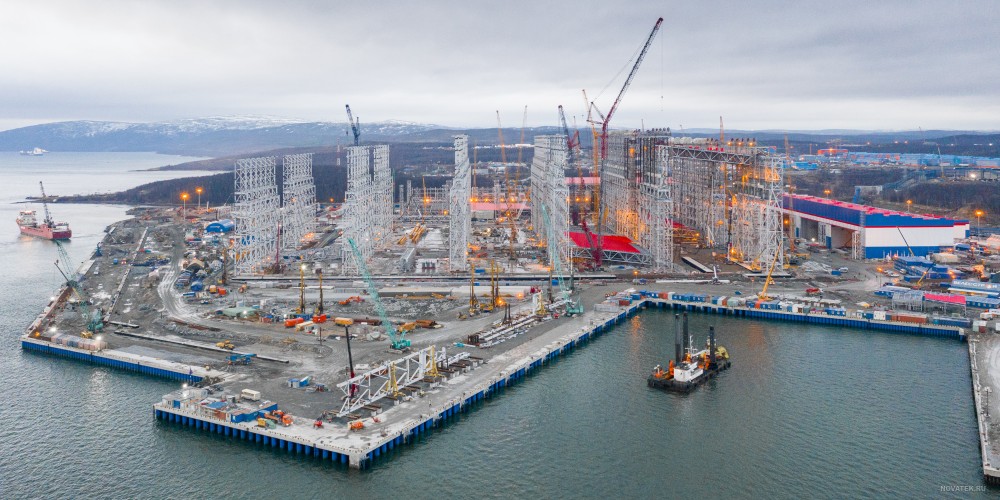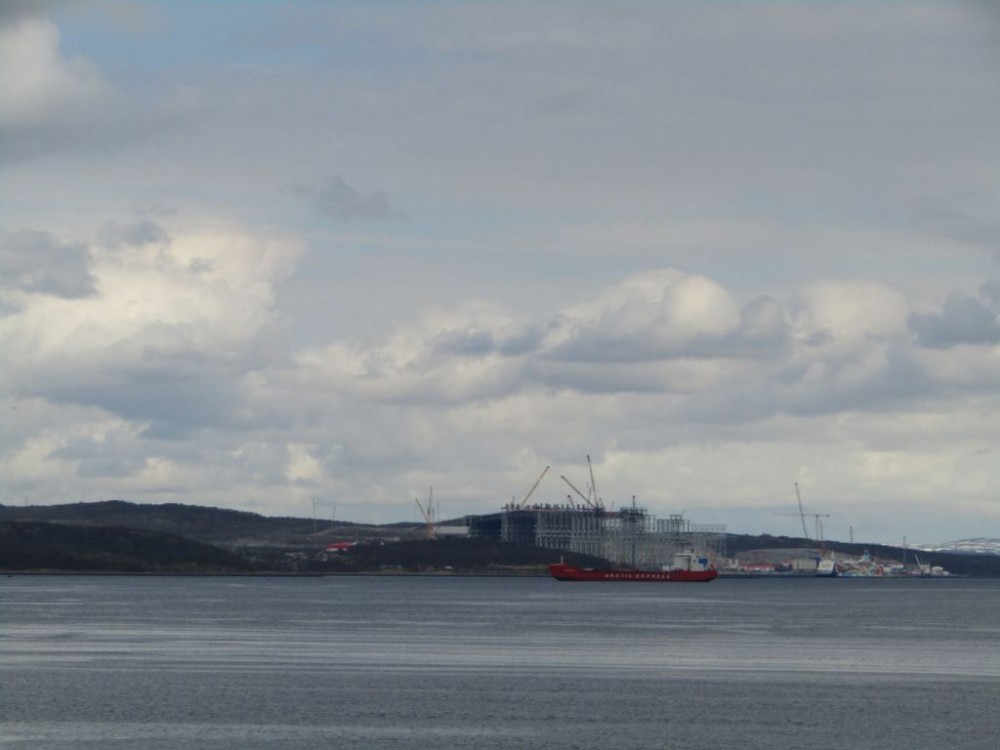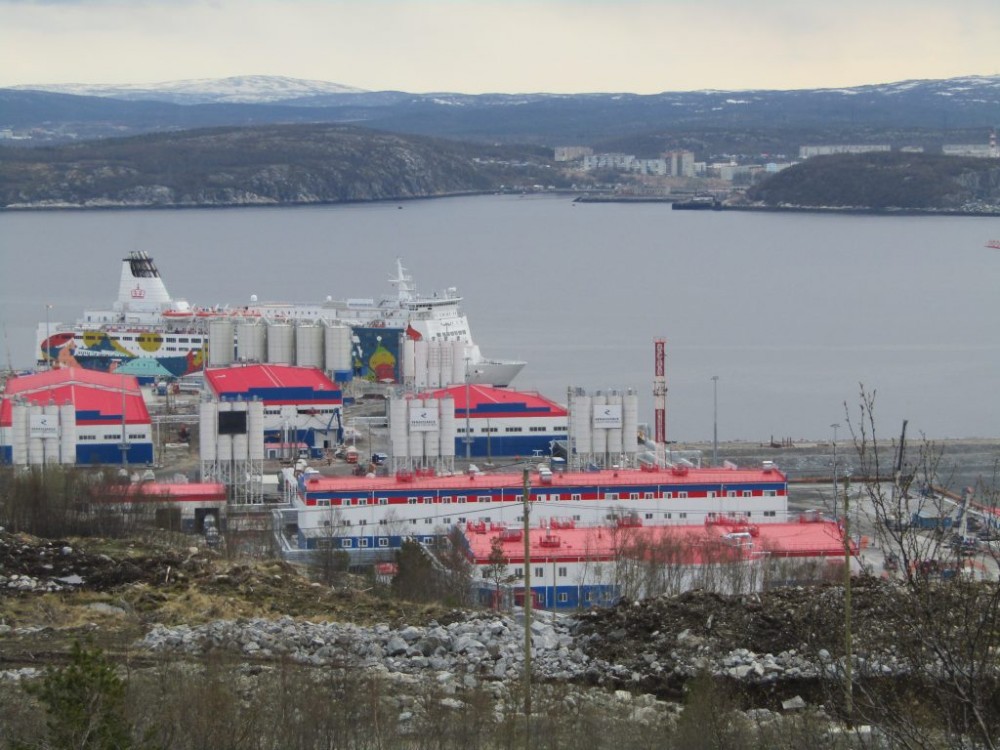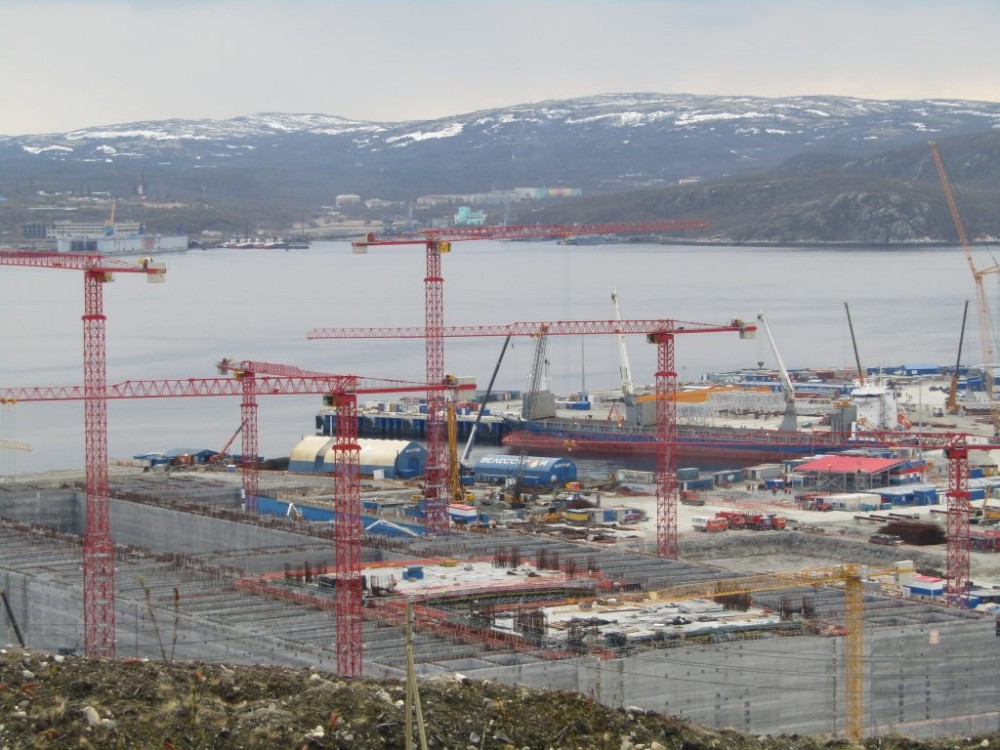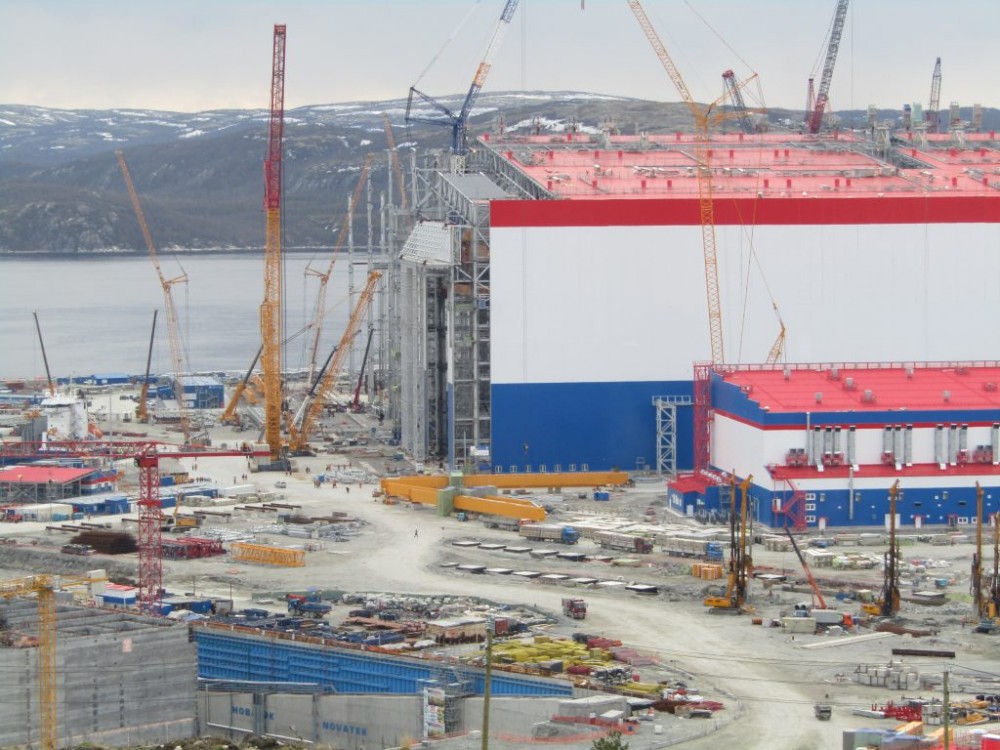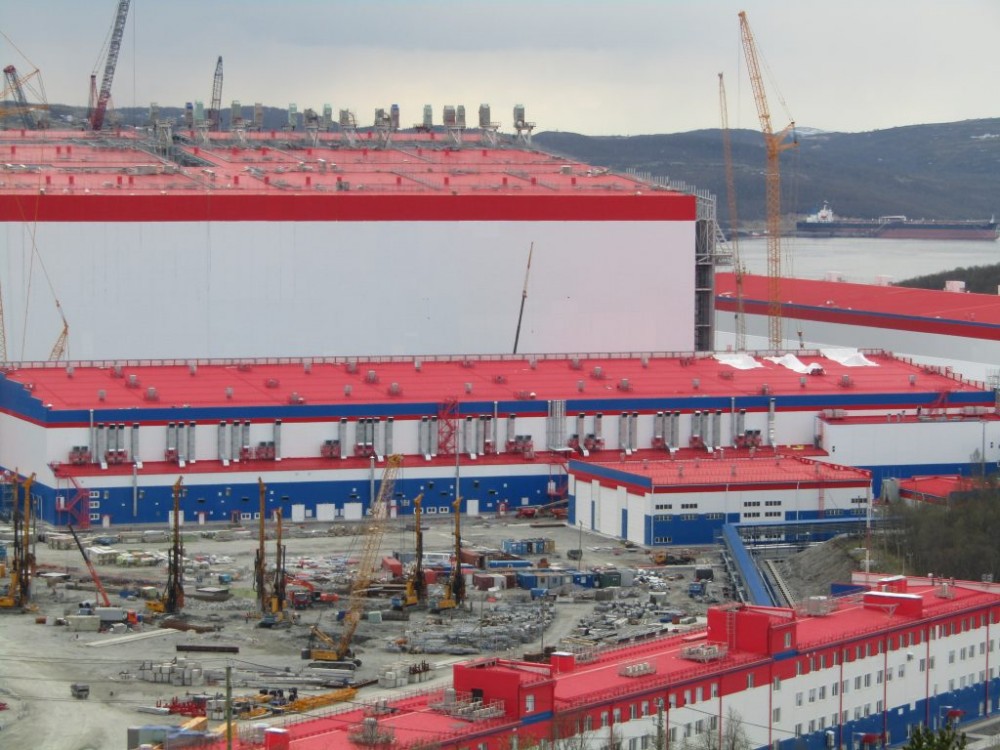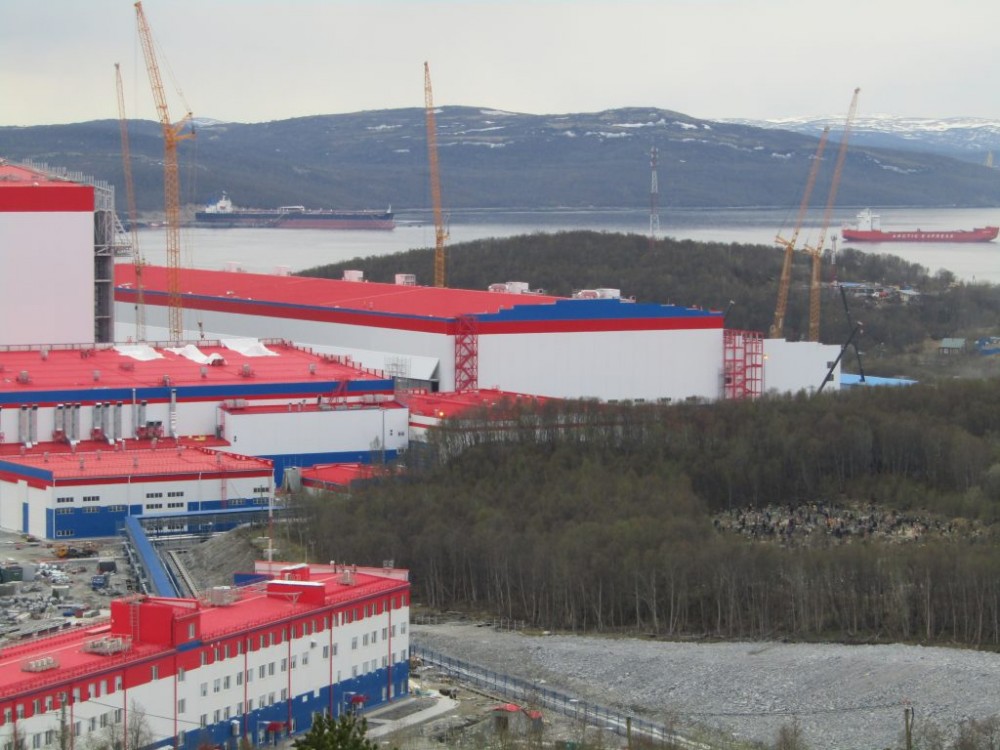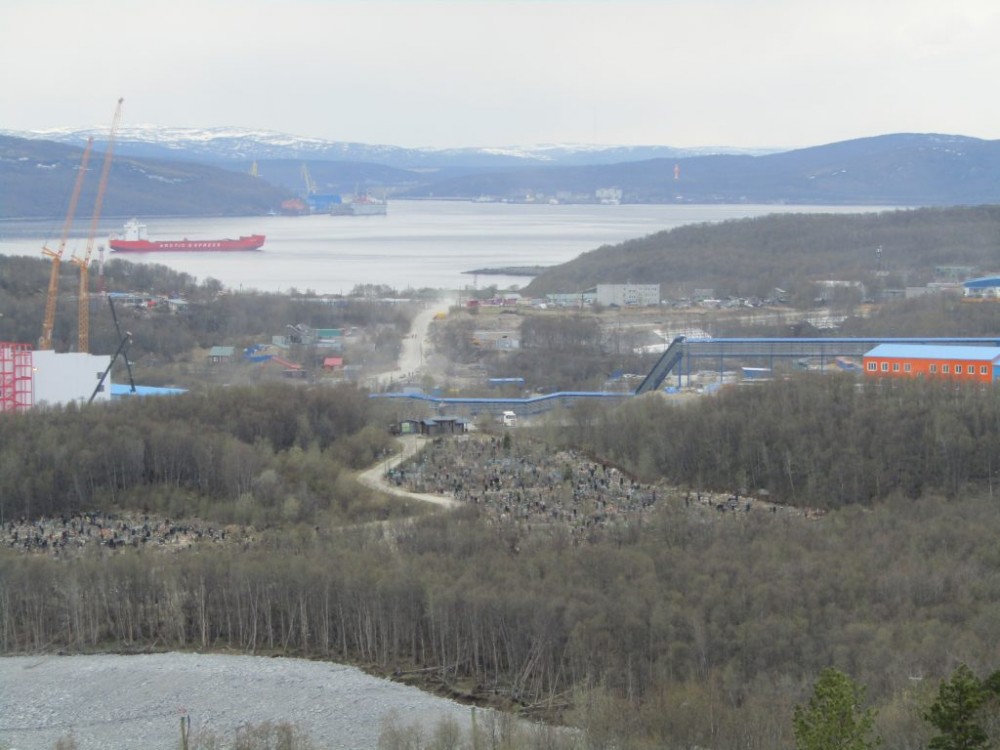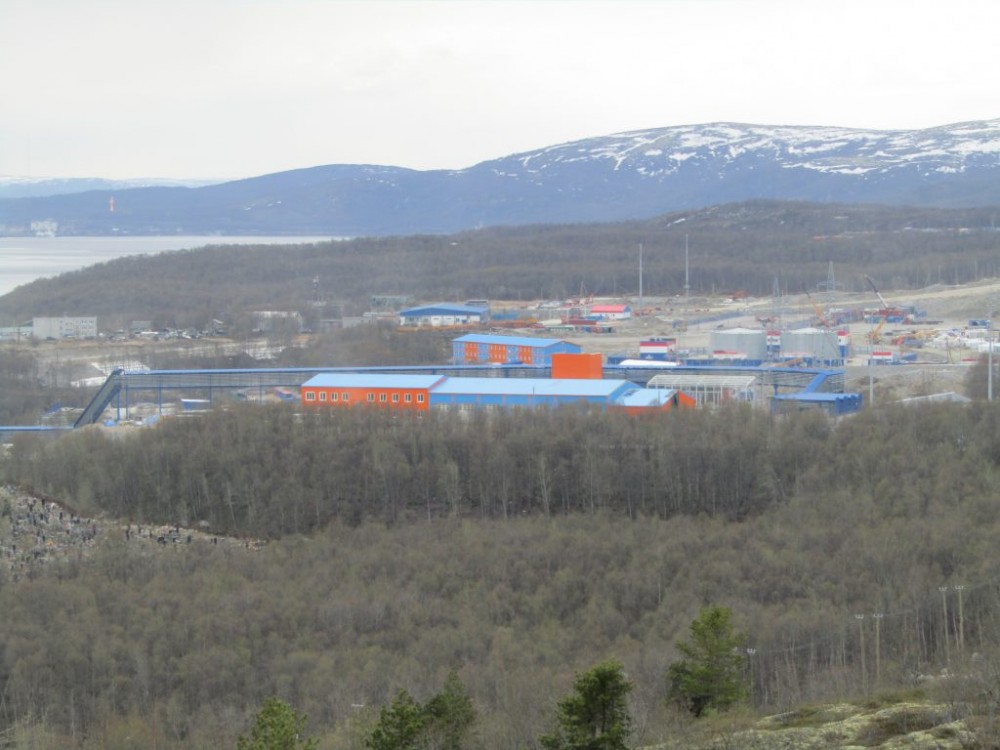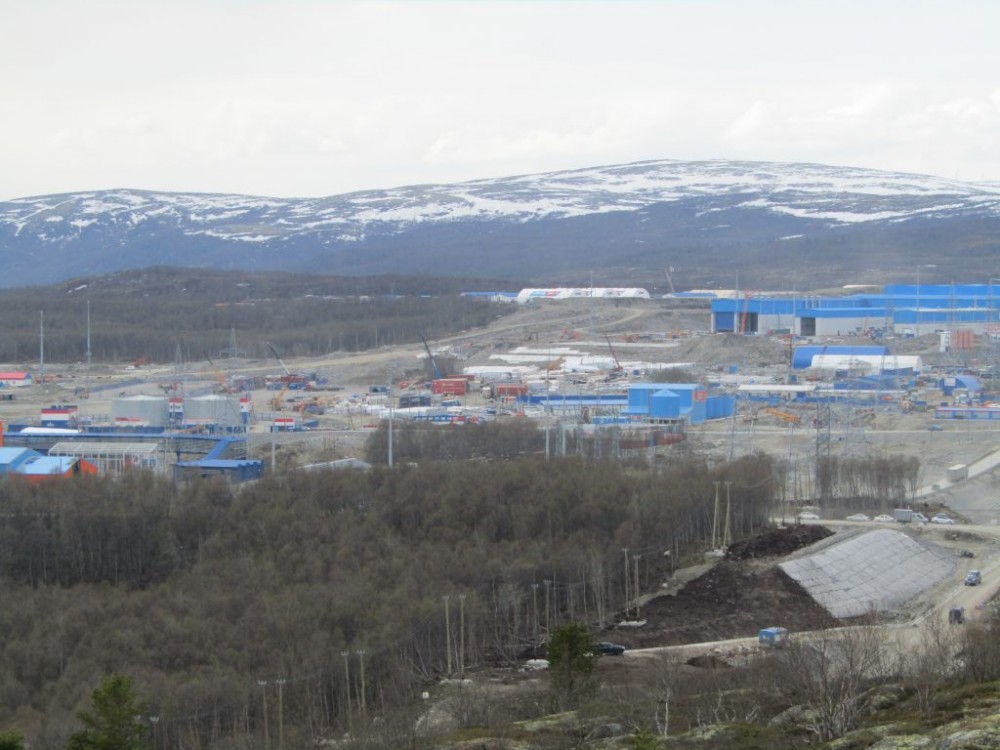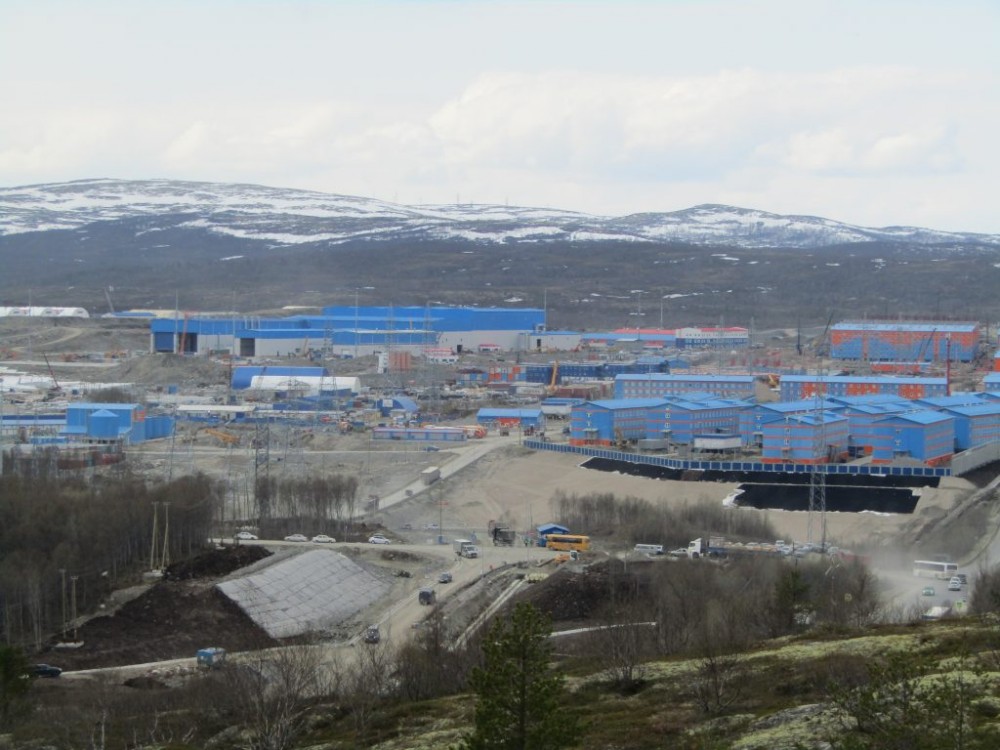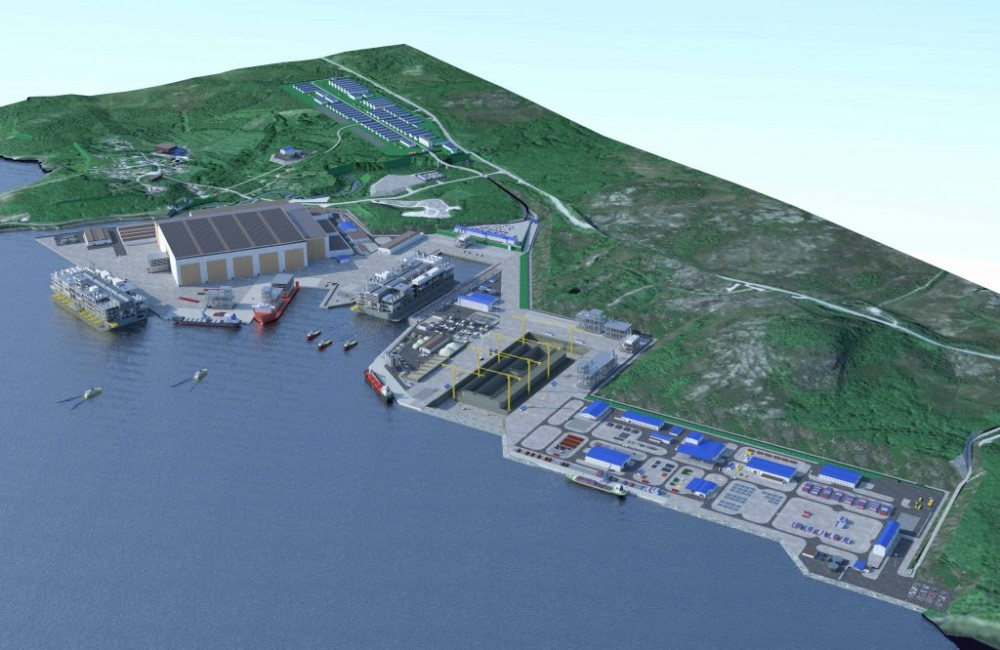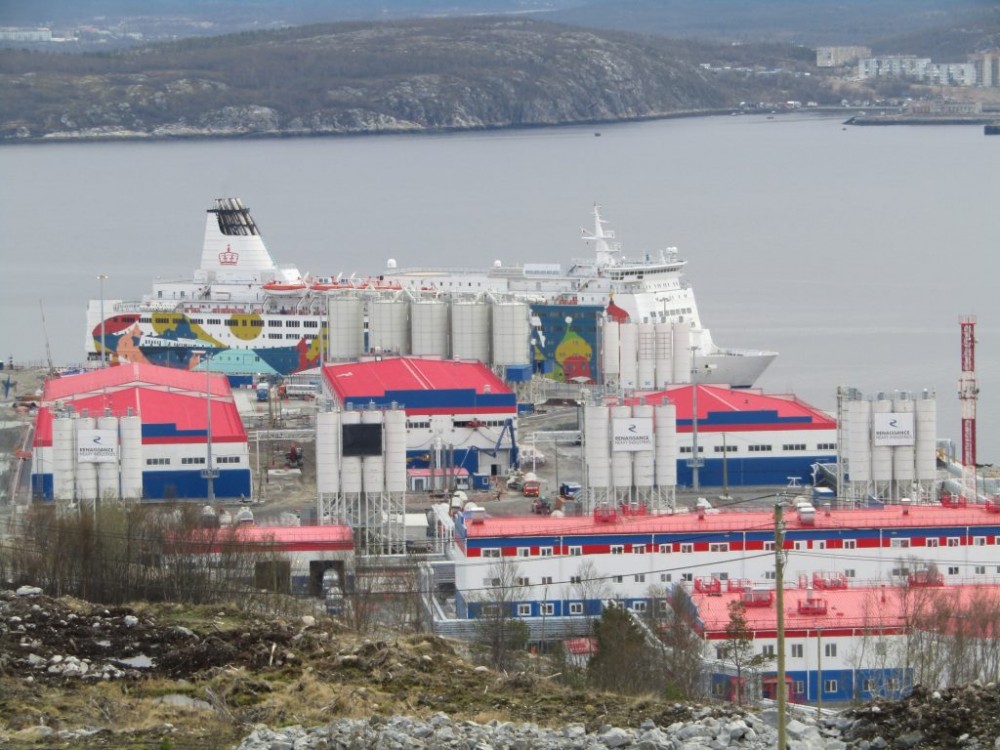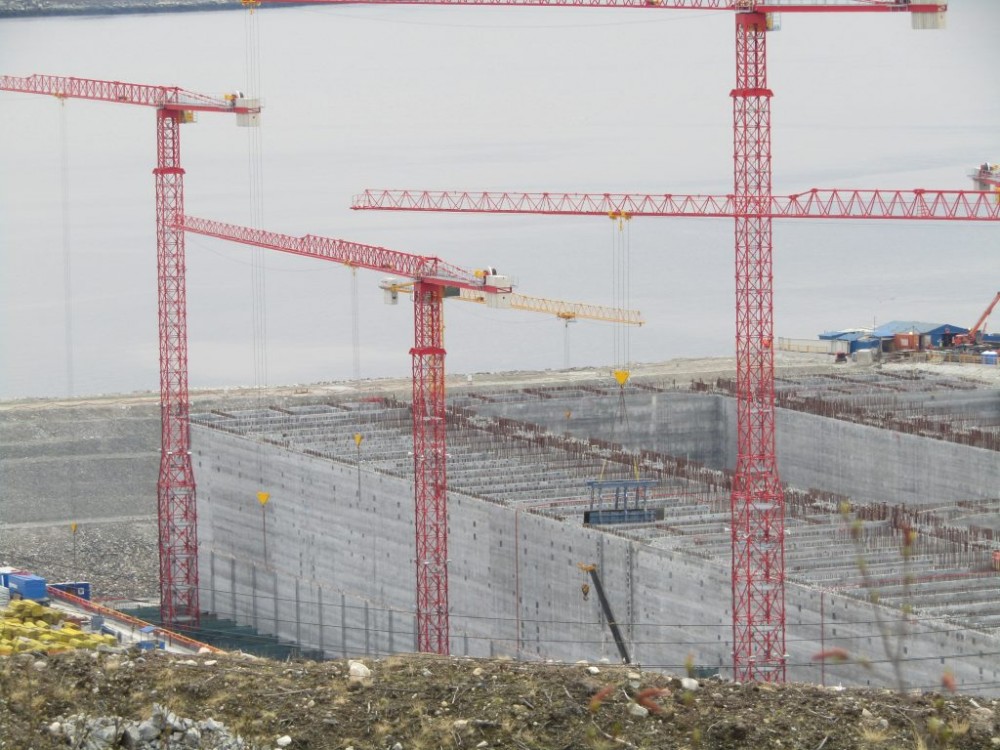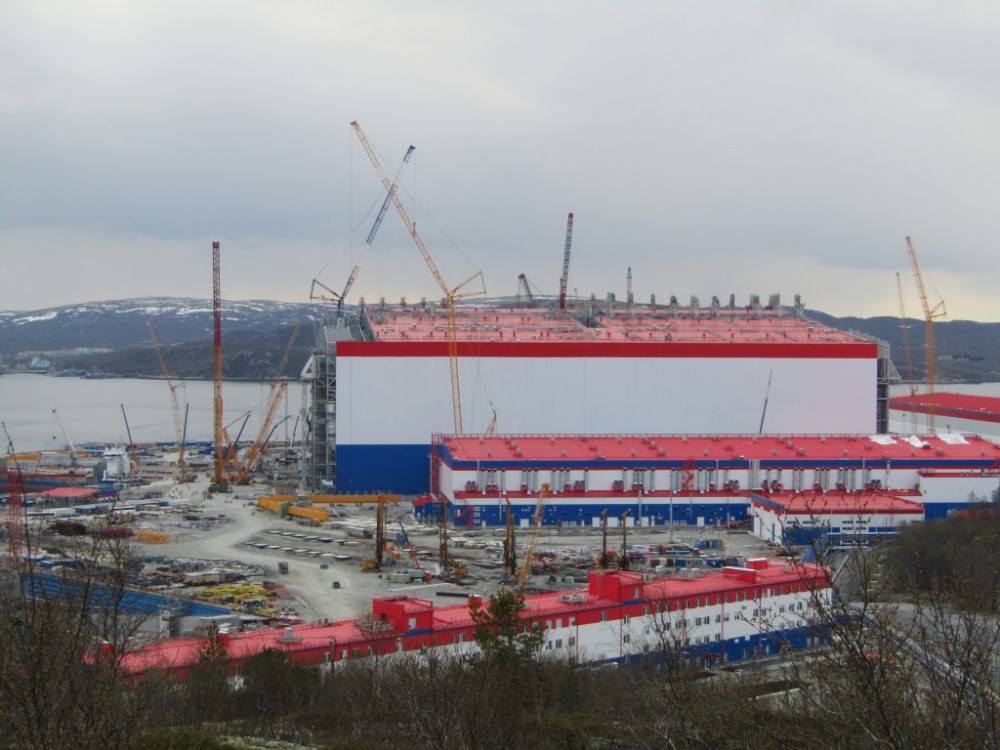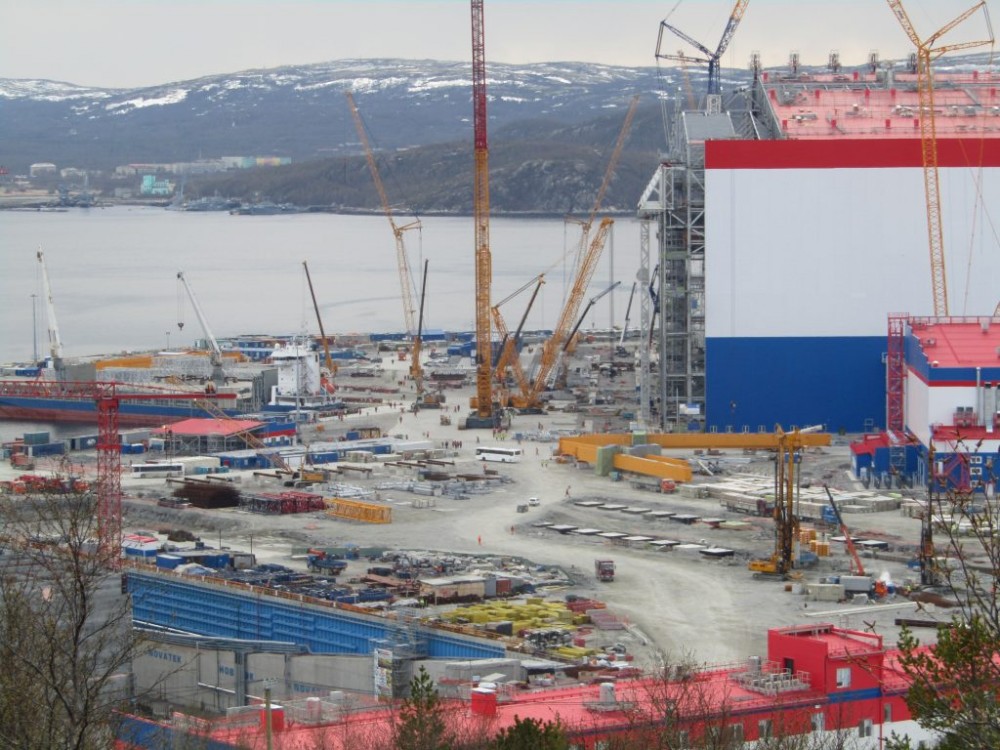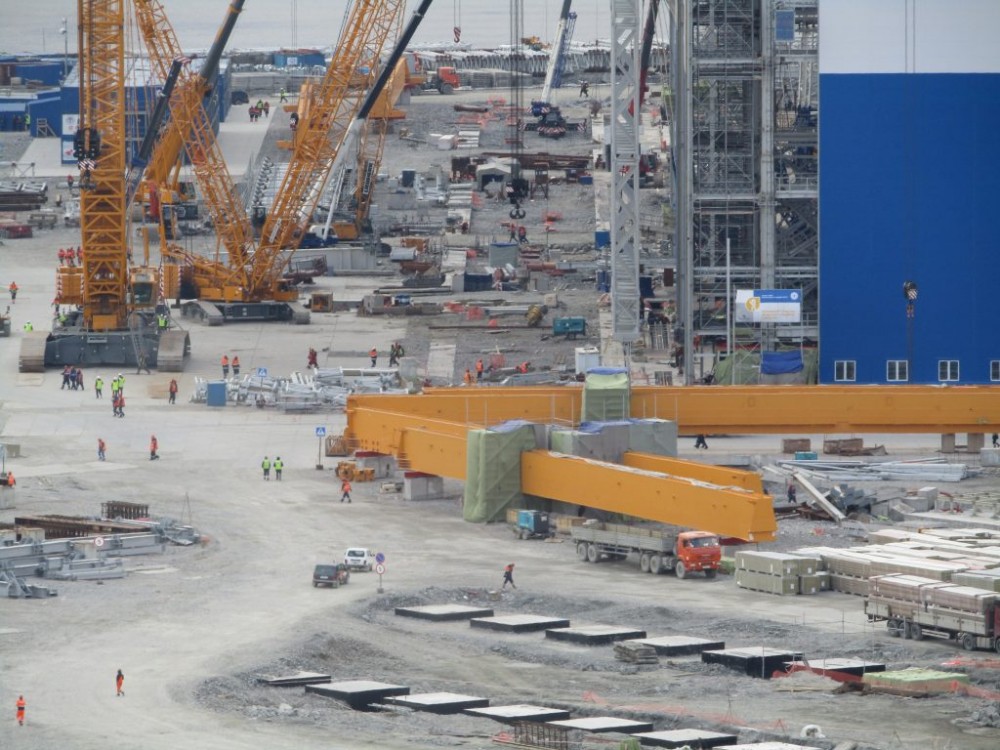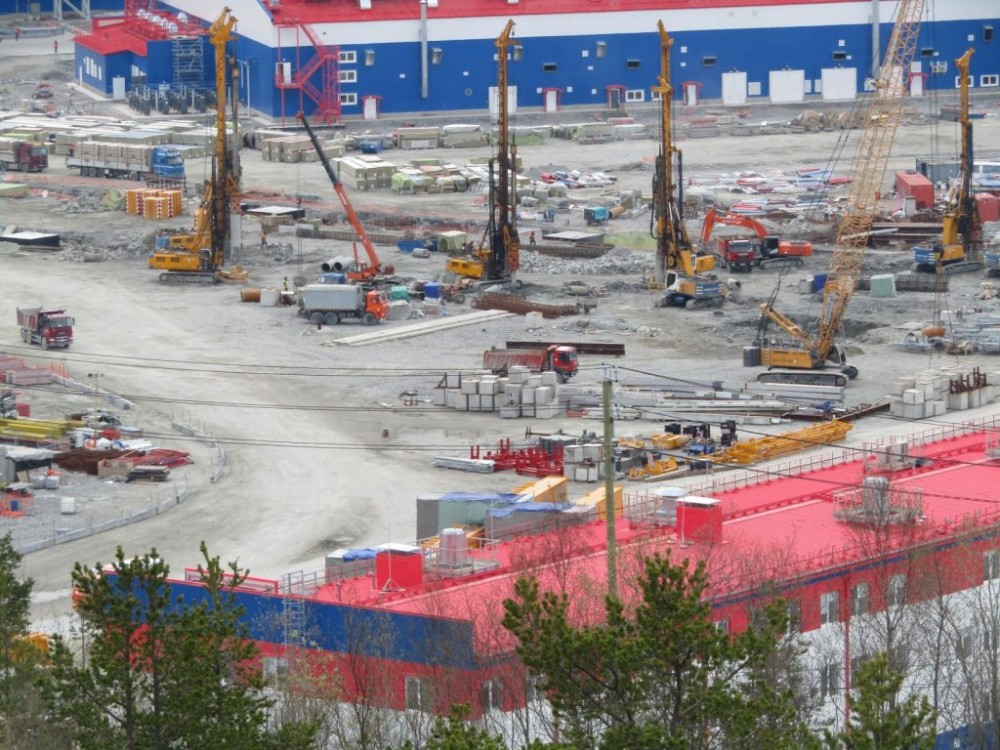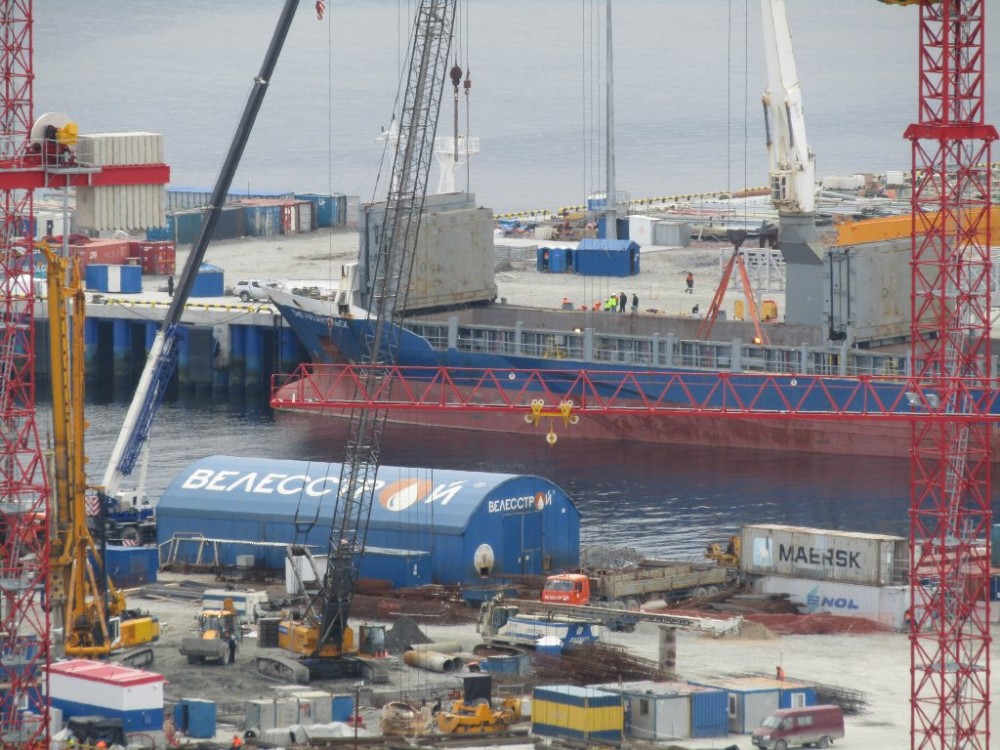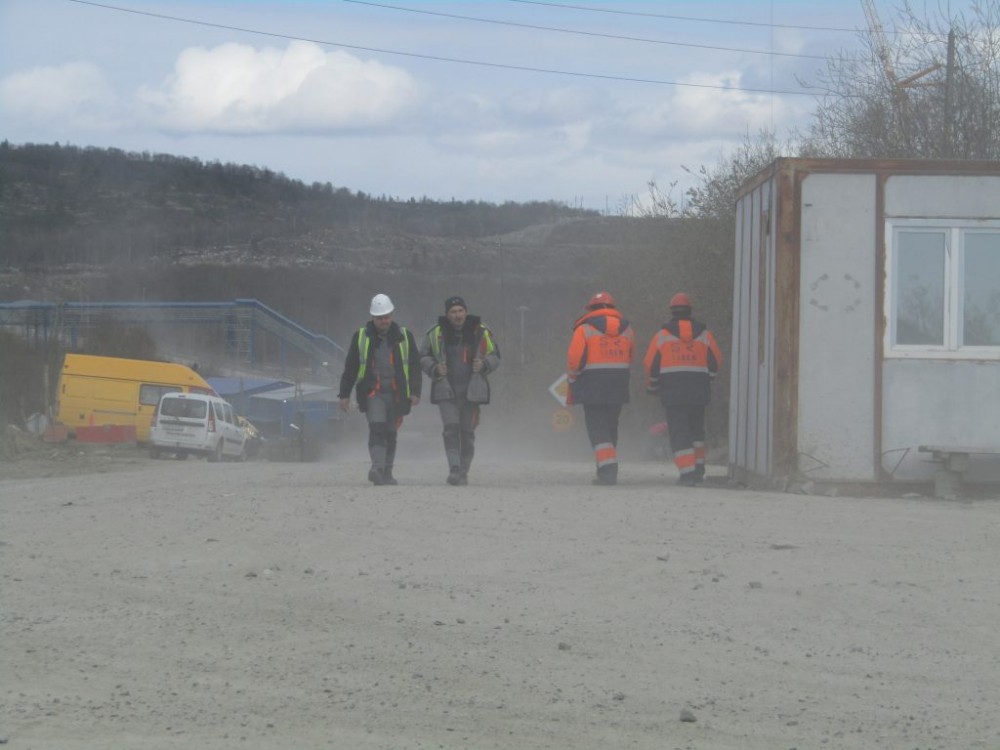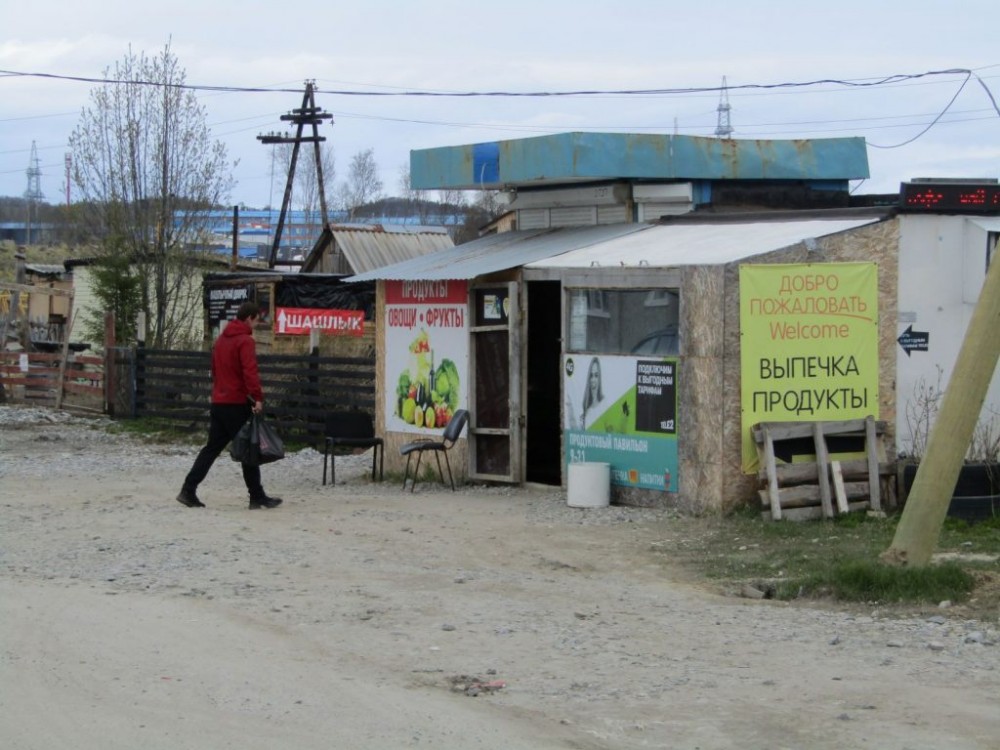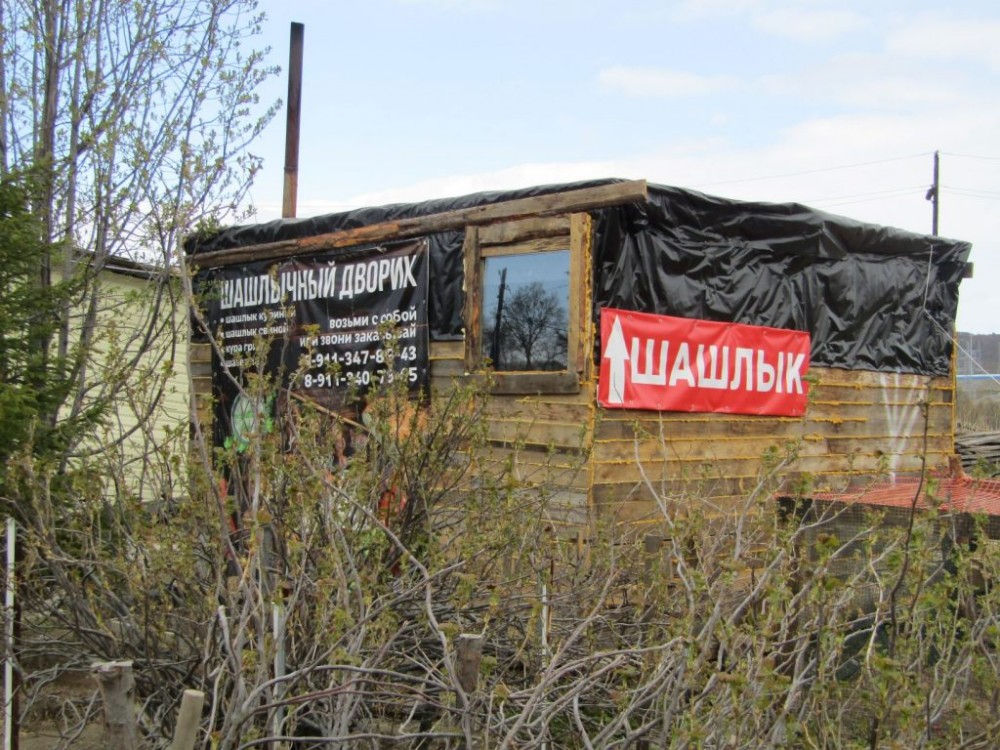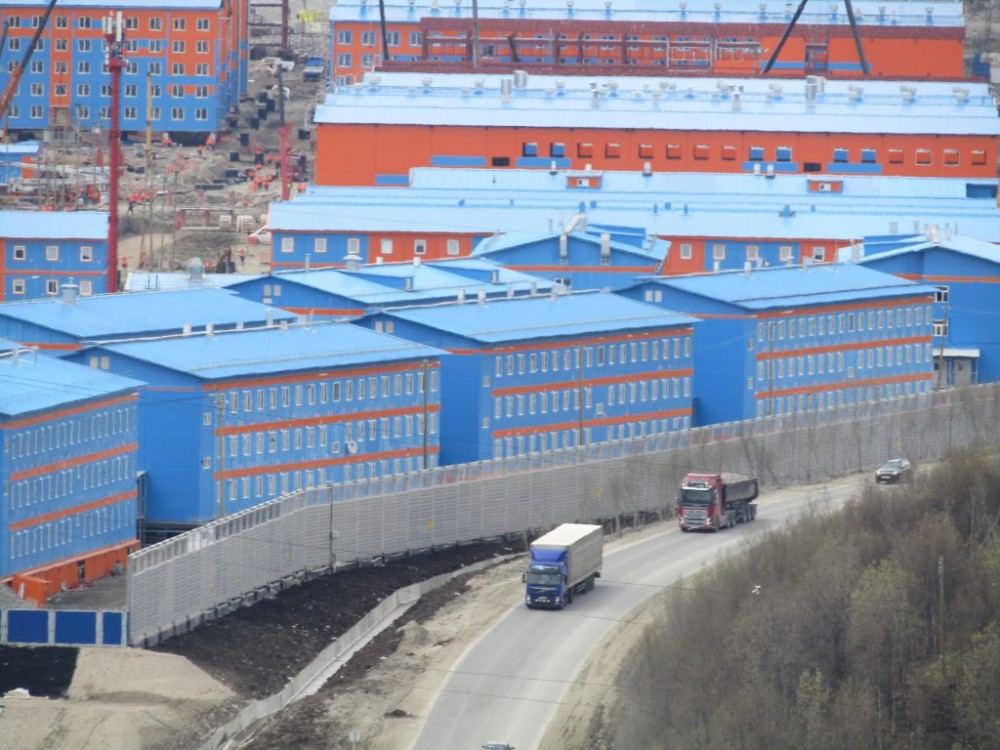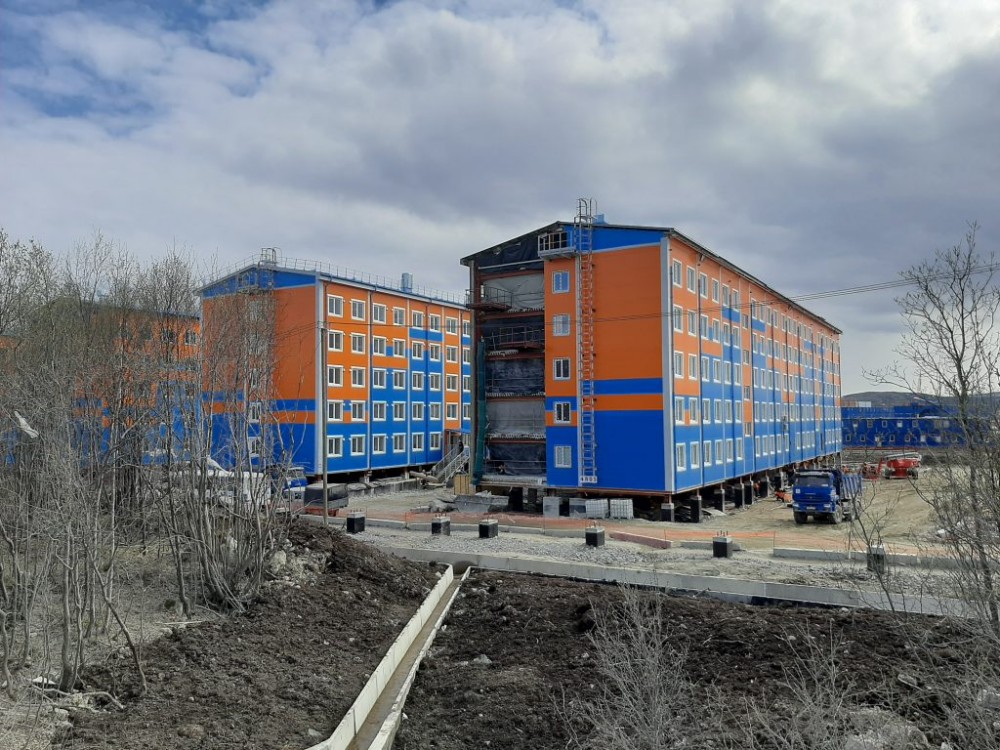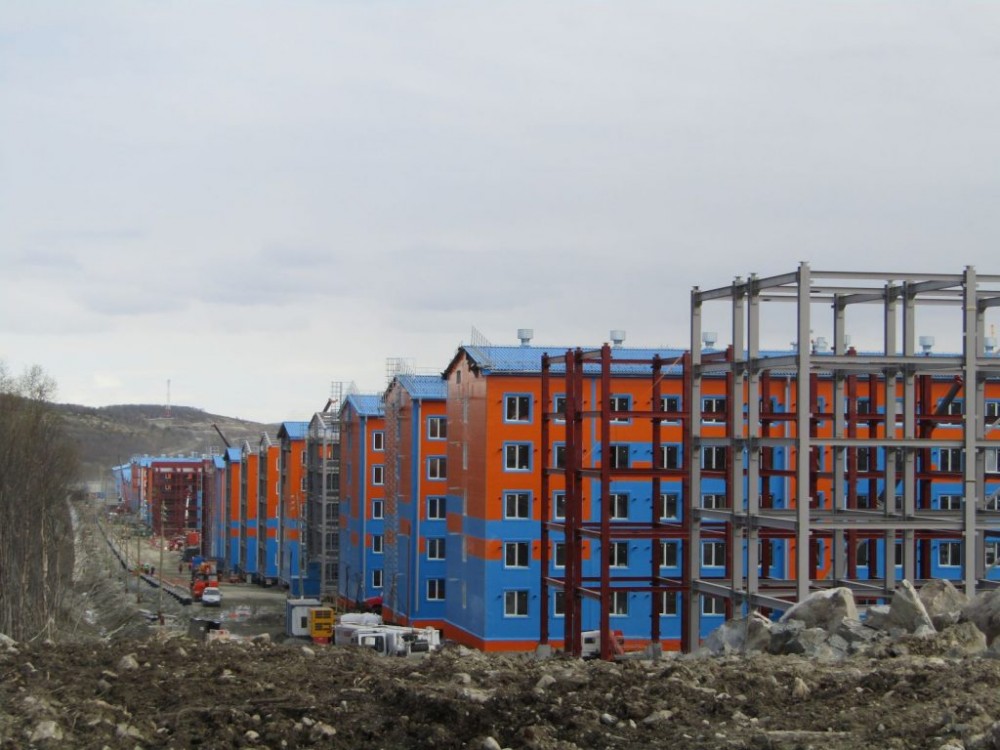 franco Mon May 31, 2021 2:02 pm
franco Mon May 31, 2021 2:02 pm
MOSCOW, May 31, 2021, RUSSTRAT Institute. The news that Russia and Pakistan have signed an agreement on the construction of the Pakistani Stream gas pipeline sparked active discussion in the expert community. Especially in light of the Pakistani government's refusal to lease its military bases in Baluchistan to the United States to accommodate part of the American military contingent being withdrawn from Afghanistan.
From this, many experts have come to the conclusion that Russia has almost successfully purchased Pakistan, which is called “for cheap gas”. Of course, there is certainly a certain rapprochement between the countries, but the pipeline issue is actually much more complicated.
Pakistan is one of the ten countries with the highest rates of economic growth, having maintained the level of 4.3% per year for more than a decade. In terms of PPP, the country has increased its economic power from $ 670 billion in 2009 to $ 1.065 trillion in 2019. This is impressive. IMF experts say that if Islamabad manages to maintain such rates further, then by 2050 the country's already nominal GDP has every chance of growing to $ 4.25 billion.
But for this Pakistan urgently needs a lot of energy, but it is with her that the situation is just bad. At the moment, the country's domestic energy consumption depends on imports for almost a quarter, although only 10 years ago the dependence did not exceed 20%. Today, a third of Pakistani imports are generated by energy. And this is in a country with a negative foreign trade balance.
So the question of laying pipelines has been of interest to the Pakistani authorities since the 1980s, when the Iran-Pakistan-India project appeared. But due to regional specifics and geopolitical tensions, India withdrew from it in 2000, and under American pressure, Pakistan froze preparations for infrastructure work, although the Iranians completed their part of the "pipe" and even offered preferential money for its further laying through the rest of the countries. ...
Great hopes were pinned on TAPI (Turkmenistan-Afghanistan-Pakistan-India). It was expected that it will reach full capacity in 2018, but in fact, the Afghan section has barely begun to be built by now, so that even the timeline for launching the pipe, at least in initial operation, shifted to the end of 2021, will most likely remain impracticable.
What is now called "Pakistani Stream" is in fact the reincarnation of the Iran-Pakistan-India offshore pipeline project, going from an Iranian field to India, with a call to Pakistani Gwadar. In September 2018, a Memorandum of Understanding on its creation was signed by the Ministry of Energy of the Russian Federation and the Government of Pakistan. Investment in the project was estimated at $ 10 billion.
By the way, the project got its former name - "North-South" - because of the branch connecting the gas receiving terminal near the port of Gwadar with the LNG terminal in Karachi and further passing to the city of Lahore in the north of the country. In general, North-South is a purely internal Pakistani infrastructure project.
But then it also did not grow together. Partly because of the divergence of views on tariffs between Gazprom and the local government, partly because of the problems with both Iran and India related to US sanctions.
Judging by the new agreement and the new brand name, the problems have been resolved. Instead of Rostec, the project now involves the FSUE Center for Operational Services, the Ministry of Energy, the Eurasian Pipeline Consortium (ETK), and the Pipe Metallurgical Company (TMK). The Russian share in the Special Purpose Company (SPV) created in Pakistan for the implementation of the project and the subsequent operation of the pipeline is 26%, the control package will remain in the hands of Pakistan - 74%.
Three conclusions follow from this. First, despite the catchy name, there will be no Russian gas in the Pakistani Stream. From the word at all. Secondly, this is not particularly important, since a quarter of the operating income of the Pakistan Stream will still go to Russia.
And here is the most important thing, thirdly. The launch of the project, which is actively opposed by the United States, and even in the former zone of American geopolitical domination, especially connected with Iran, and overcoming the regional Indo-Pakistani confrontation, is a very big diplomatic victory for Russia, which seriously adds international weight to Moscow, which in modern times almost priceless.
https://ylbyzgs2uqohpf237in67hzm6a-ac4c6men2g7xr2a-russtrat-ru.translate.goog/comments/31-maya-2021-0010-4447?utm_source=finobzor.ru




 PhSt
PhSt